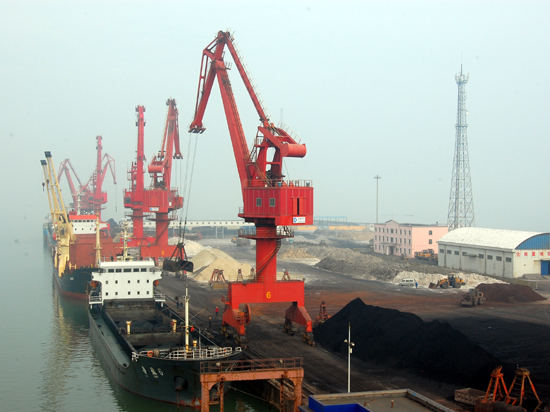The key for future Chinese trade
- By Zhang Lijuan
 0 Comment(s)
0 Comment(s) Print
Print E-mail China.org.cn, September 27, 2013
E-mail China.org.cn, September 27, 2013
China's trade and investment have entered a stage of structural and institutional adjustment. For more than thirty years, with an open trade policy, China's trade has served as a vehicle to promote the country's overall economic growth. Consequently, for three decades, trade and foreign investments have been key to evaluating the job performances of central and local government officials. Now, China's economy is entering a new stage. It is moving from a focusing on economic data or GDP growth to promotion of social wealth and enhancing the fundamentals of the economy.
|
|
|
China's trade and investment have entered a stage of structural and institutional adjustment. [File photo] |
Last week, at the 2013 Summer Davos session in Dalian, Premier Li Keqiang said that a short-term stimulus may be an option for faster economic growth, but will not solve deep-rooted problems. His administration therefore chose not to take advantage of short-term stimulus measures, but to insist on reforms and innovation targeting long-term economic stability.
For quite a while, slowing GDP growth has been seen as a negative sign in the Chinese economy. However, for many economists, a slowing Chinese economy is in fact a better alternative, allowing for policy making for long-term benefit. Obviously, the Chinese people care more and more about structuring the country's economic development to promote equitable and sustainable human development. That is why the Chinese government is taking a pragmatic path to achieve this goal.






